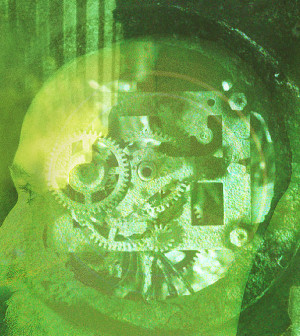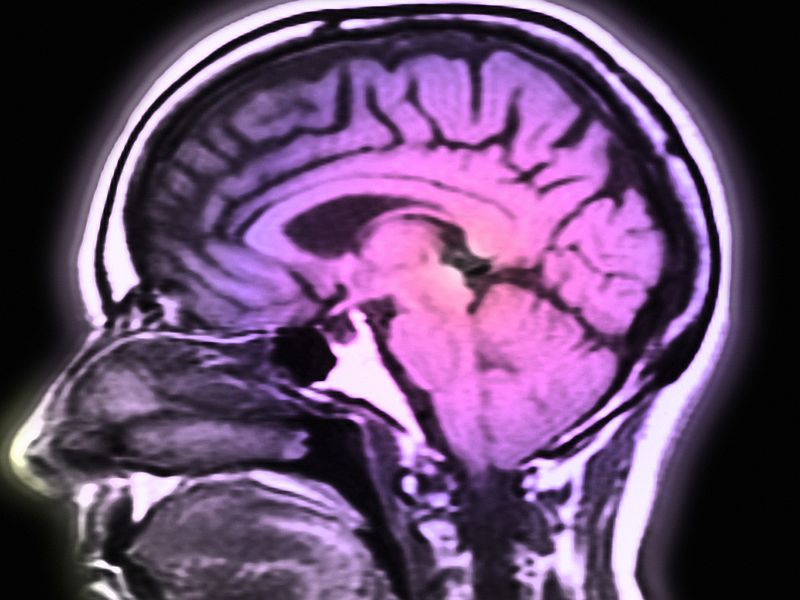- 10 Strategies to Overcome Insomnia
- Could Artificial Sweeteners Be Aging the Brain Faster?
- Techniques for Soothing Your Nervous System
- Does the Water in Your House Smell Funny? Here’s Why
- Can a Daily Dose of Apple Cider Vinegar Actually Aid Weight Loss?
- 6 Health Beverages That Can Actually Spike Your Blood Sugar
- Treatment Options for Social Anxiety Disorder
- Understanding the Connection Between Anxiety and Depression
- How Daily Prunes Can Influence Cholesterol and Inflammation
- When to Take B12 for Better Absorption and Energy
Brain Scans May Reveal Which Coma Patients Will Recover


Brain scans may help identify coma patients who are most likely to regain consciousness, a new French study suggests.
The research included 27 coma patients with severe brain injuries and 14 healthy people of the same age. All of the participants underwent functional MRI scans to assess the connections between areas of the brain involved in regulating consciousness.
The coma patients underwent brain scans after all sedative drugs were out of their bodies. Three months after their brain injuries, four had regained consciousness, while the others had minimal consciousness or were still in a coma.
The brain scans showed that coordination of activity between two particular areas of the brain was much different between the patients who later recovered from a coma and those who didn’t.
The coma patients who recovered had the same coordination between these two brain areas as in healthy people, the study reported.
The study was published online Nov. 11 in the journal Neurology.
Further research is needed before these results might be used to help guide care for coma patients, study author Dr. Stein Silva, of INSERM (French National Research Institute) in Toulouse, said in a journal news release.
“We need to do more studies with larger numbers of patients to substantiate these results, but the findings are promising,” Silva said. “We could be able to predict better who is more likely to recover from a coma and eventually develop innovative networks-based personalized treatments for people with brain injuries.”
More information
The U.S. National Institute of Neurological Disorders and Stroke has more about coma.
Source: HealthDay
Copyright © 2026 HealthDay. All rights reserved.










